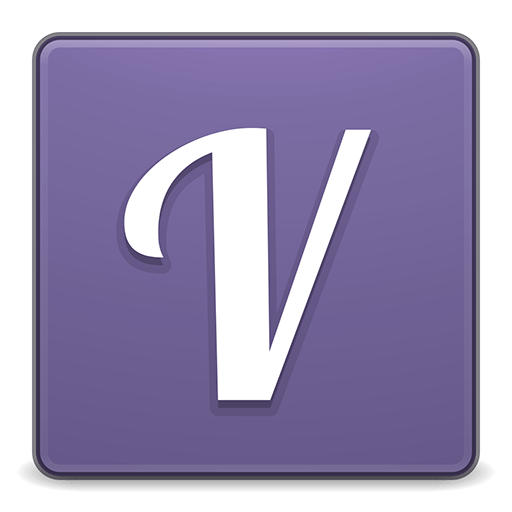 Vala
vs
Vala
vs
 Elm
Elm
 Vala
Vala
 Elm
Elm
What is Vala?
A free and open object-oriented programming language with a self-hosting compiler that generates C code. Vala uses the GObject system and is syntactically similar to C# while introducing unique features like functions, signals, properties, generics, assisted memory management, exception handling, type inference, and foreach statements. Vala makes it simple to target the GNOME stack and is also used for writing applications to the operating system elementary OS.
How much does Vala cost?
No pricing information available..
What platforms does Vala support?
Top Vala Alternatives
C
C is a free and open-source general-purpose, procedural programming language. The language supports structured programming, lexical variable scope, and recursion, with a static type system. By design, C provides constructs that map efficiently to typical machine instructions. C was first created and released in 1972 at Bell Labs by Dennis Ritchie, today C is used in systems where you need absolute control over memory management such as OS kernels and other mission critical software.
C++
Developed by Bjarne Stroustrup at Bell Labs in 1979, C++ is a general-purpose programming language. C++ was designed as an extension of the work on the programming language C, or "C with Classes". The language run on the most common platforms such as macOS, Windows, Linux and various versions of UNIX. In modern releases of C++ object-oriented, generic, and functional features in addition to facilities for low-level memory manipulation has been introduced.
The software
 Elm
is removed from the Top Vala Alternatives since you are comparing against it.
If you are looking for more software, applications or projects similar to
Elm
is removed from the Top Vala Alternatives since you are comparing against it.
If you are looking for more software, applications or projects similar to
 Vala
we recommend you to check out our full list containing 46 Vala Alternatives.
Vala
we recommend you to check out our full list containing 46 Vala Alternatives.
Vala Gallery
What is Elm?
Elm is a free and open-source domain-specific programming language that uses type inference to detect corner cases and give friendly hints. The language is by developers to create browser-based graphical user interfaces and is designed for usability, performance, and robustness. Elm is purely functional and is actually a compiler that utilize static type checking, which means you can rest assured that your code will run runtime exceptions.
How much does Elm cost?
No pricing information available..
What platforms does Elm support?
Top Elm Alternatives
Lisp
A family of programming languages dating back to 1958. Lisp is the second-oldest high-level programming language in widespread use today.
Crystal
A free and open general-purpose, object-oriented programming language developed by Ary Borenszweig, Juan Wajnerman, Brian Cardiff and a community with over 300 contributors. Crystal is statically type checked, which means that all code errors will be caught at compile time, rather than fail on runtime. Crystal provides an easy-to-learn syntax similar to Ruby, while at the same time producing performance similar to that of the programming language C.
Clojure
A modern, dynamic, and functional dialect of the Lisp and programming language that targets the JVM (Java Virtual Machine). Clojure is a compiled language, yet remains completely dynamic as it combines the approachability and interactive development of a scripting language with an efficient and robust infrastructure for multithreaded programming. The development of Clojure is completely community-driven, while being overseen by its creator Rich Hickey.
The software
 Vala
is removed from the Top Elm Alternatives since you are comparing against it.
If you are looking for more software, applications or projects similar to
Vala
is removed from the Top Elm Alternatives since you are comparing against it.
If you are looking for more software, applications or projects similar to
 Elm
we recommend you to check out our full list containing 9 Elm Alternatives.
Elm
we recommend you to check out our full list containing 9 Elm Alternatives.
